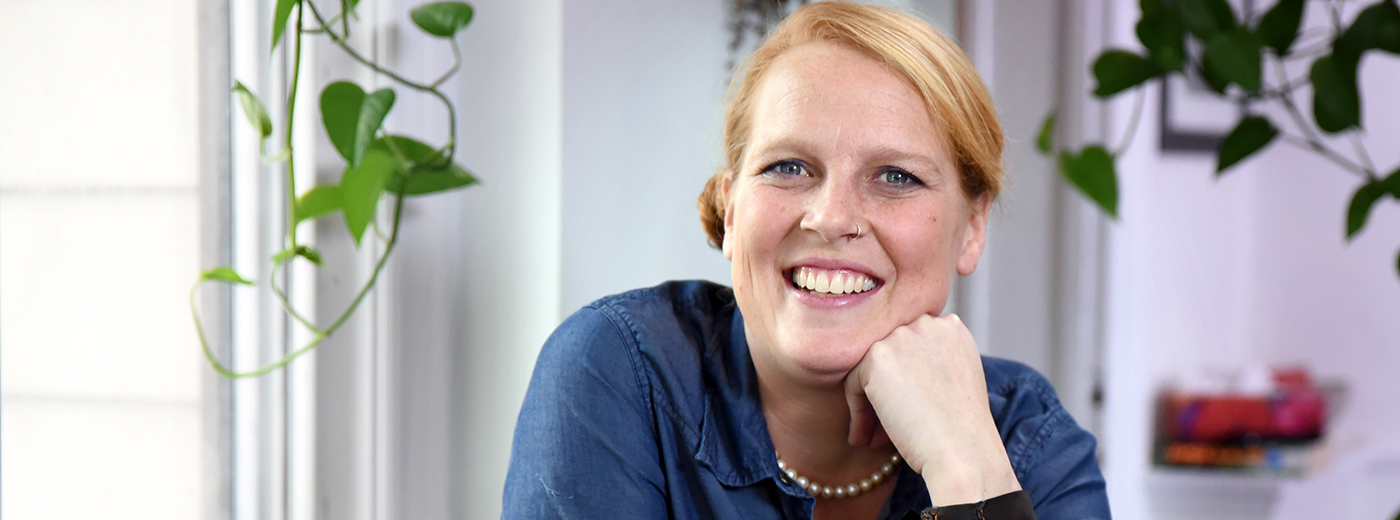Dreams of motherhood come true for woman on dialysis

At age 22, Matti Y. had her future planned. She and her fiancé, Jordan, would get married, enjoy a carefree life for a couple of years and then start having “a houseful” of babies.
But life, it seems, had other plans. In 2008, when she and Jordan had been married just two years, Matti was diagnosed with focal segmental glomerulosclerosis (FSGS), an autoimmune disease that targets kidney tissue.
For four years, Matti’s kidney function progressively declined, eventually taking her to the brink of death. She pinned her hopes for healthy, happy future on a new kidney, donated by Jordan. But within four days of the transplant, the FSGS recurred, leaving her sicker than ever and terribly depressed.
“It was a really difficult time,” Matti remembers. “My friends were having babies and their lives were growing and blooming, while my life seemed like it was shrinking and shrivelling. I felt 80-something, not 20-something.”
She struggled with the transplanted kidney for two years, by the end of which she was sleeping about 20 hours a day and was too sick to care for herself or even walk on her own. Until this point in her illness, Matti had resisted dialysis, thinking it was akin to giving up. She relented only when her doctor told her bluntly, “Dialysis or die.”
“Now the story gets better,” says Matti, “although not easier.” Choosing to do nocturnal home hemodialysis, she had to travel to Toronto from her Barrie home four times a week for three months to learn to do the procedure. Several setbacks followed – including blood clots, water in her lungs and a swollen heart – but her body eventually adapted to dialysis, and Matti was grateful for the independence and feeling of wellbeing it offered.
“If I had known dialysis would let me lead such a healthy, fulfilling life, I would have started a long time ago,” she now admits.
After two years on dialysis and “living like a normal person,” thoughts of babies began to nibble at her consciousness. But, she worried, could her body, which had failed her so many times, conceive and carry a healthy child?
Dr. Michelle Hladunewich, director of nephrology and obstetrical medicine at Sunnybrook Hospital and a Provincial Medical Lead with the Ontario Renal , assured Matti that yes, with careful monitoring and management, her dream of starting a family could come true.
Just six months later, she was pregnant, and in June 2017 Matti and Jordan’s son, Malachy, was born.
Although the pregnancy went relatively smoothly, as did labour and delivery (aside from the challenge of trying to connect to her dialysis machine between contractions), there were some postnatal complications. Malachy was just 2.3 kg at birth and jaundiced, so he had to stay in the neonatal intensive care unit for eight days. And just two days after taking the baby home, Matti suffered two seizures, perhaps the result of extreme water retention or high blood pressure.
Most importantly though, Malachy is healthy and, aside from the occasional dialysis-related headache and nausea, so is Matti. At night, the baby snuggles next to Matti on one side, while her hemodialysis machine clicks and gurgles on the other side. The bedtime routine is easier than she expected, which she credits to her husband, who settles Malachy as Matti sets up her dialysis machine and gets up with him in the morning as she disconnects.
The biggest surprise for Matti is how much she is enjoying motherhood. “I didn’t think it would be this much fun. It is better than I ever could have imagined.”
Many of the issues that Matti describes – including the need to strengthen care delivery for patients with glomerulonephritis and women with chronic kidney disease requiring maternal healthcare – are addressed in the Ontario Renal Plan 2019 – 2023.
The Ontario Renal Plan 2019 – 2023 is a blueprint for how the Ontario Renal Network (in time, Ontario Health) and its many partners will continue to work together to create a kidney care system that delivers person-centred, safe and effective services in an efficient, equitable and timely manner.
Watch more on Matti and another chronic kidney disease (CKD) patient, Zohara, as they share their experiences with CKD and .
Have a question about this blog post? Email us at publicaffairs@cancercare.on.ca
